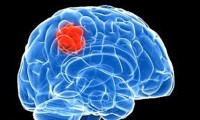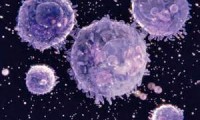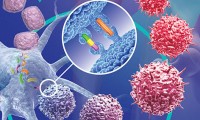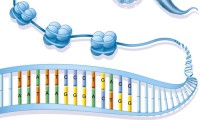-
Radiotherapy-resistant tumors could be defeated with experimental drugs
- Source: medicalnewstoday
- 723
- November 28, 2017
-
Zika Virus Kills Brain Cancer Stem Cells MEDICINE & HEALTH
- Source: scienmag
- 790
- November 28, 2017
-
How do cancer cells start to spread? Study sheds light
- Source: medicalnewstoday
- 722
- November 23, 2017
-
Stanford, NCI Researchers Discover New CAR-T Target With Early Study Data
- Source: biospace
- 880
- November 22, 2017
-
FDA OKs Genentech’s Gazyva for Untreated Follicular Lymphoma
- Source: Biospace
- 837
- November 21, 2017
-
Loxo Oncology Lands $1.55B Cancer Tie-Up With Bayer
- Source: Biospace
- 1,278
- November 16, 2017
-
A Chinese Province Is Sequencing One Million of Its Residents’ Genomes
- Source: futurism
- 890
- November 10, 2017
-
12 Questions to Ask BEFORE Saying “Yes” to Chemotherapy Treatment
- Source: thetruthaboutcancer
- 915
- November 10, 2017
-
Cancer cells destroyed in just 3 days with new technique
- Source: medicalnewstoday
- 1,041
- November 8, 2017
-
Men with low testosterone less likely to have prostate cancer
- Source: medicalnewstoday
- 796
- November 7, 2017
your submission has already been received.
OK
Subscribe
Please enter a valid Email address!
Submit
The most relevant industry news & insight will be sent to you every two weeks.













